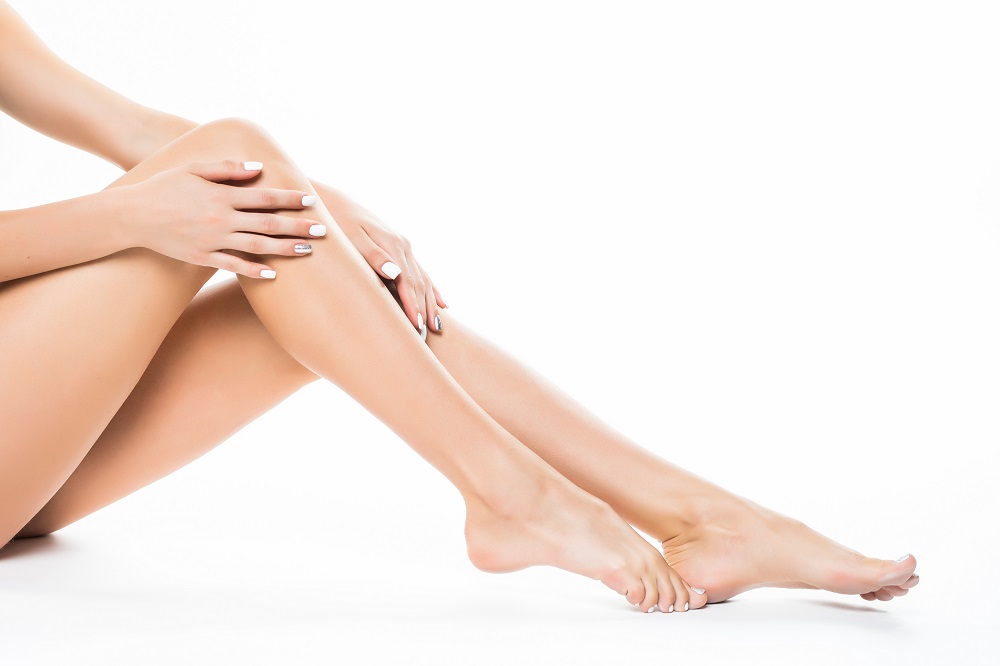Ten Myths of Laser Hair Removal

Laser hair reduction is one of the most satisfying and cost-effective cosmetic procedures in the world. However, there are many myths that surround this best bang-for-the-bucks procedure. This article is to dispel these myths and tell you why.
Myths Of Laser Hair Removal and its Reality:
1. Painless experience?
Laser Hair Removal is painless (FALSE): Scientifically if the treatment must work, enough power must be used to destroy the hair follicles. Hair follicles that are being destroyed are alive and have nerve supply! Hence it is naïve to presume and expect that it should not hurt! Using less power with faster firing may reduce the discomfort but it is in no way close to what a good enough power can achieve. Good news is that the discomfort is only at the time of the procedure.
2. Migration of hair follicles to other areas?
If you destroy the hair in one area of the body, it will compensate by making more hair follicles in other areas (FALSE): This urban myth has no scientific validity. Hair follicles do not “migrate” from one area to the other.
3. Different Lasers For different Skin Colors?
There are different lasers for different skin colors: There are no different laser hair removal treatments for different skin colors, it’s an effective & efficient selection!! But what is true is that some lasers like Alexandrite (the most effective and the best laser for hair removal) cannot be used on darker skin tones. The simple reason for this is that all lasers for hair removal work by targeting the dark pigment called melanin. Since Alexandrite is most attracted to melanin, it works the best. But it also targets melanin everywhere, which is not desirable in darker skin, as the skin is darker because of the same melanin!
4. Best laser is ND YAG?
Nd YAG is the best laser for hair removal (FALSE): Nd YAG is not the best laser for hair removal. But it is “safer” on dark skin rather than Alexandrite, Diode, or IPL because of lesser attraction to melanin and deeper penetration. Safer does not equate more effective. Due to its lesser attraction to melanin, Nd YAG is also less effective on lighter and thinner hair.
5. Is there something called Permanent Hair Removal?
Once you have a series of laser sessions you will never have to shave again (FALSE): This myth comes from the ignorance of properly understanding what laser does and how it works, and it also ignores the hormonal aspects of hair growth. If the hair follicles are in a suitable phase of growth, the right color& thickness, and the correct amount of power is used, that hair follicle is destroyed. But what comes back after several weeks is brand new hair follicle almost always under androgenic hormonal influence.
Hence better description of the procedure is laser hair reduction, and not laser hair removal. Since each session of laser treatment can help to reduce the total number of hair follicles. The body parts treated will become smoother, with less ingrown hair and less need for other hair removal methods. There must be a maintenance protocol a few times a year to get the best long-term benefits.
6. Same Number of Sessions Required for all body areas?
I will need the same number of sessions for all areas of the body (FALSE): The face requires the greatest number of sessions as it seems to be most hormonal. Often in the same person bikini, legs and underarms respond faster and need less frequent maintenance sessions compared to the face and neck.
7. Electrolysis Is the Best Treatment?
Laser hair reduction can produce long term unwanted side effects and hence it is better to do electrolysis (FALSE): Lasers used for hair removal are going after mainly melanin and to some extent hemoglobin and water. Laser effects on melanin results in hair removal and improvement in sun damage. It also impact on hemoglobin helps with Rosacea (different settings). Effect on water produces skin tightening by collagen stimulation (different settings).
8. Effective only in winter?
Laser hair removal delivers the best results in winter (FALSE): While it is important to recognize that avoiding sun exposure/tanning is essential. But considering the treatments only during winter is not practical. If one needs 6-8 sessions once in 4-6 weeks (there is a need for more sessions in case of darker skin due to limitation in the type of laser and power). No matter when you start treatment you will pass thru summer at some stage in the series. With that said, motivation is the key.
9. Anyone Can Perform Laser Hair Removal?
Laser hair removal can be performed by anyone (FALSE): Knowing the complex interaction of laser with different targets and colors in the skin and understanding how to prevent and treat side effects are essential fundamentals required. The lasers are class 4 devices and hence should be only operated by a physician, or under supervision of a physician by an appropriately licensed healthcare professional within the scope of their practice. No, this is not to be done in someone’s home, or in a day spa or by a technician. Unprotected exposure to lasers can cause blindness. Improper usage can cause scars, and hyperpigmentation.
10. Most Effective for Thinner Hair?
Since I have thinner hair, laser will work better (FALSE): It’s opposite. Thinner hair is more difficult to treat as it has less of the target, namely melanin. If the hair is extremely thin, it’s better not to treat that area as sometimes it may result in paradoxical hair stimulation (more hair than before), though the exact cause of this phenomenon is not clear.
You should ensure that a clinical specialist who is very talented in utilizing lasers and has complete information on the skin, would perform laser treatment to prevent complications. If you find any discoloration, skin allergy, redness, skin infection, or any kind of pain, you should immediately visit an experienced Cosmetic Physician.
Your Cosmetic Physician can respond to any inquiries you have about laser hair removal treatment and discuss information about the various kinds of laser hair removal treatment. You will get an expert look at your hair and skin that gives you an idea about how many treatments you will need, and learn about the best aftercare tips for laser treatment. You likewise need to inform your laser physician about your medication, allergies, and health concerns, since some medications may impact laser hair removal treatment, or may stop for some time prior laser treatment.



